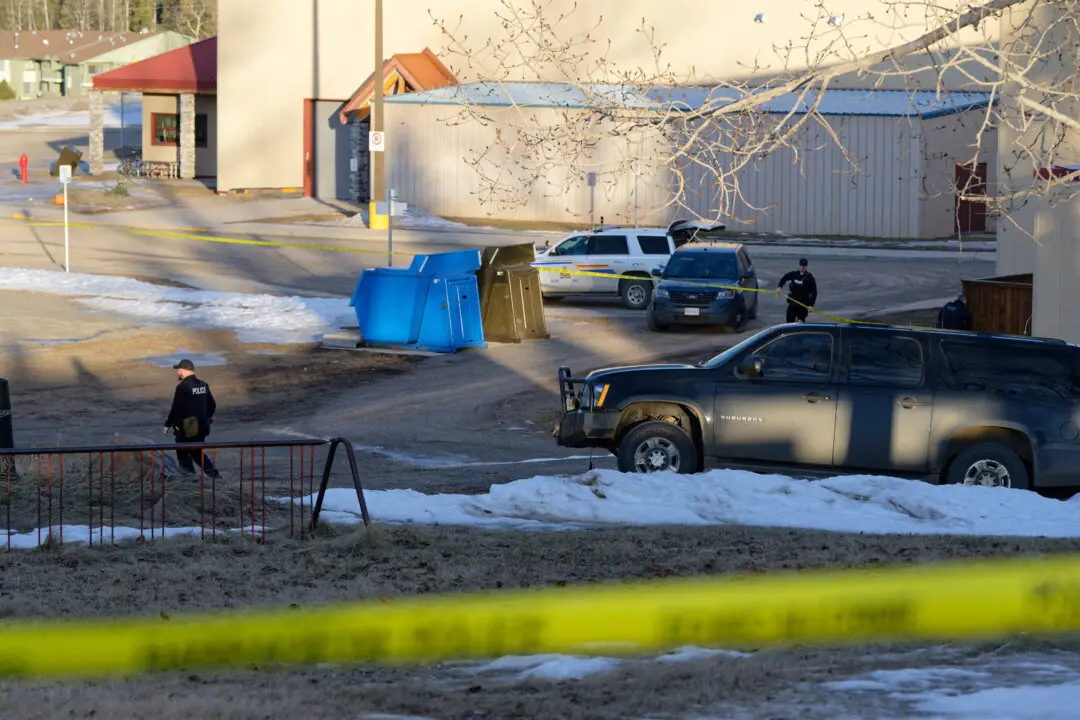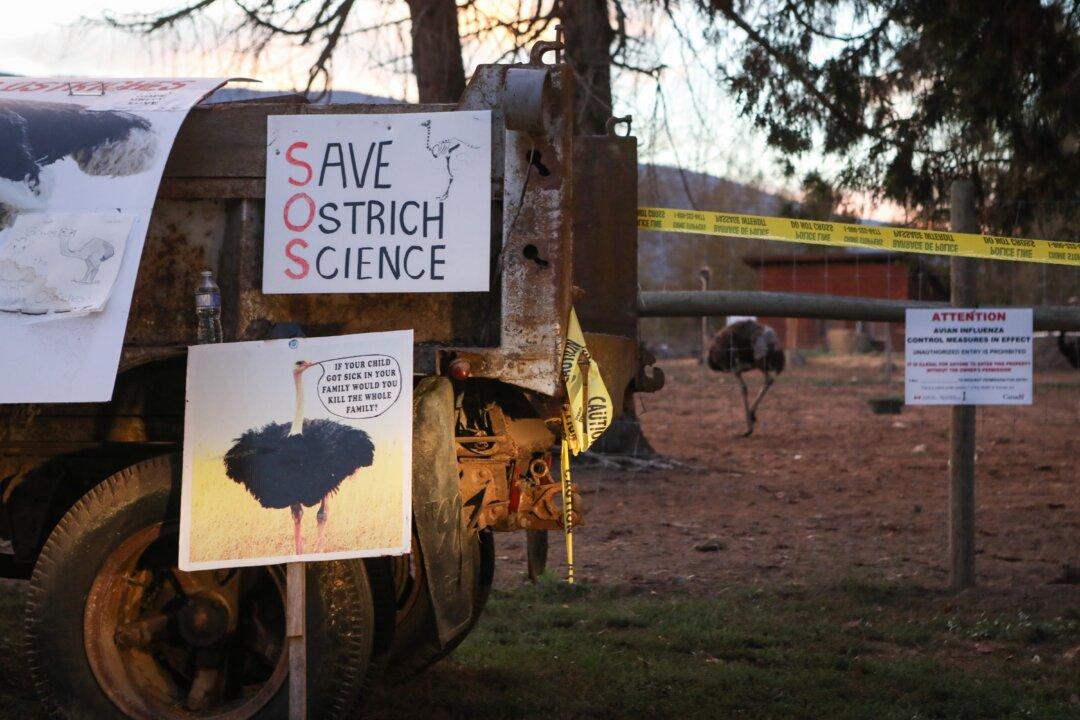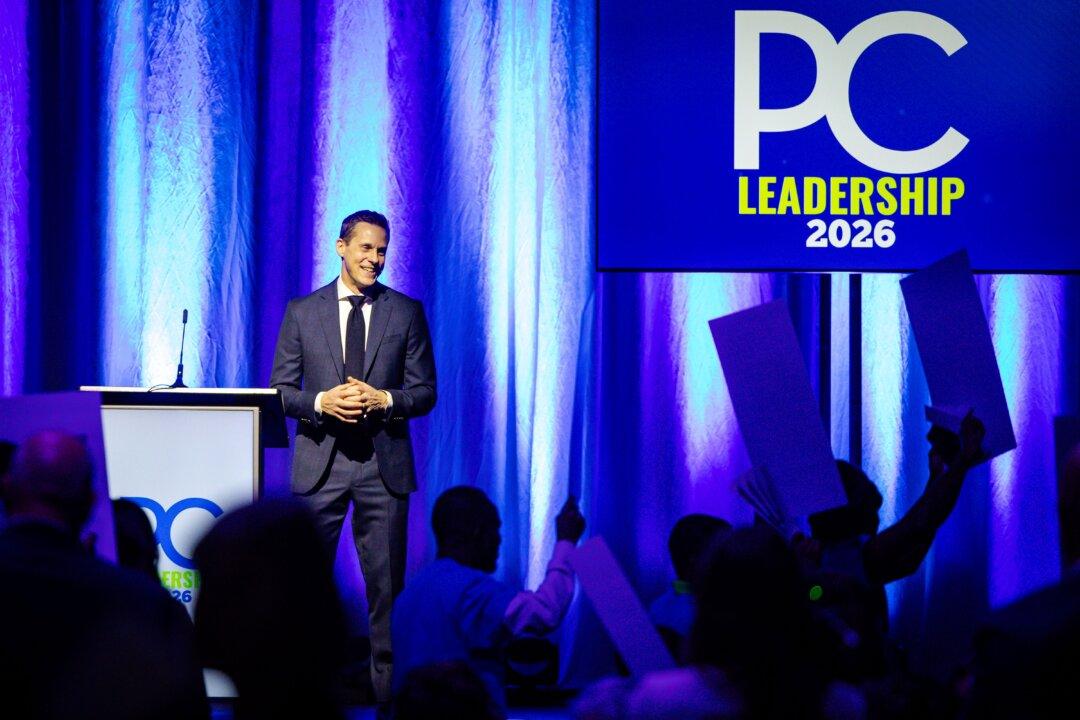Premiers from around the country are responding to the tariffs that U.S. President Donald Trump has put into place, with all of them supporting retaliatory measures to one degree or another.
Trump announced 25 percent tariffs on exports from Canada and Mexico, as well as a 10 percent levy on China on top of previous tariffs on that country. In the case of Canadian oil and gas exports, Trump set a lower tariff rate at 10 percent.





